Pentagon chief vows to continue US military presence in Iraq
The Pentagon chief on Tuesday made an unannounced visit to Iraq where he announced Washington's intent to maintain the military presence that began with the US invasion in 2003 and continued for the 20 years since, leaving hundreds of thousands of people dead.
"The United States will continue to strengthen and broaden our partnership in support of Iraqi security, stability, and sovereignty," US Defense Secretary Lloyd Austin said upon arrival in Baghdad.
Austin is the most senior official in the Biden administration to visit the country. His visit comes as the Iraqi nation prepares to mark the 20 anniversary of the US-led invasion and occupation that resulted in years of bloodshed and instability in the Arab country.
On March 19, 2003, the US and Britain invaded Iraq in blatant violation of international law and under the pretext of finding Weapons of Mass Destruction, but no such weapons were ever discovered in Iraq.
More than one million Iraqis were killed as the result of the US-led invasion, and occupation of the country, according to the California-based investigative organization Project Censored.
"I'm here to reaffirm the US-Iraq strategic partnership as we move toward a more secure, stable and sovereign Iraq," Austin tweeted as he landed in Baghdad.
Since the US-led forces ousted Saddam's regime, Iraq has been self-governed under a power-sharing system. The US withdrew its forces in 2011, claiming it had ended its combat mission in Iraq; however, some 2,500 US troops still remain inside the Arab country on what Washington describes as an “advisory” mission. Austin, who was a former head of all US military troops in the Middle East, claimed in 2011 that the US forces had achieved their military objectives in Iraq.
In the meantime, Successive Iraqi governments in the past two decades have forged close political, military and economic ties with the neighboring Tehran government, while Baghdad also maintains its relations with Washington.
The present Iraqi Prime Minister Mohammed Shia' al-Sudani said his government's policy is to maintain balanced relations with regional and international governments based on shared interests and respect for sovereignty, and that "the stability of Iraq is the key to the security and stability of the region."
Both Washington and Tehran provided extensive support to Iraqi forces during their fight against the Daesh takfiri forces who seized huge swathes of northern and western Iraq in 2014.
Earlier this year, the Iraqi prime minister paid tribute to top Iranian anti-terror commander General Qassem Soleimani and his Iraqi military comrade Abu Mahdi al-Muhandis, who were killed in a US drone strike near Baghdad airport three years ago.
Sudani described the targeted US killings of the two high commanders as “a brazen attack” on Iraq's sovereignty.
Read more:
US assassination of Gen. Soleimani, PMU deputy chief 'brazen attack' on Iraq’s sovereignty: PM Sudani
Iraqis file lawsuit against Trump, former US officials over assassination of Gen. Soleimani, PMU deputy head
Top Iraqi MP urges immediate withdrawal of all US-led forces from Iraq
“The crime of assassinating the ‘Commanders of Victory’ and their companions represented a flagrant violation of Iraq’s territorial integrity and national sovereignty. The targeted killings of the commanders, who had a leading role in elimination of the scourge of terrorism, is an utter disrespect to bilateral agreements [signed between Baghdad and Washington],” Sudani said during a ceremony in commemoration of the two legendary commanders held in the capital Baghdad on January 5, 2023.
Both General Soleimani, commander of the Quds Force of Iran’s Islamic Revolution Guards Corps (IRGC), and Muhandis, the second-in-command of the Popular Mobilization Units (PMU), were highly revered across the Middle East because of their key role in fighting the Daesh terrorist group in the region, particularly in Iraq and Syria.
The two commanders were targeted along with their companions near Baghdad International Airport in a US assassination drone strike on January 3, 2020 in a cowardly terrorist attack authorized by then-US president Donald Trump.
Meanwhile, Daesh is no longer a formidable force in the region despite still maintaining small militant cells across parts of northern Iraq and northeastern Syria.
There are 900 US troops stationed in Syria.
Suicides among Israeli forces surge amid Gaza war
Gen. Soleimani turned threats into opportunities and fortified resistance axis
Houthi: General Soleimani thwarted US conspiracies in West Asia
Islamic Jihad prevents Israeli captive from taking own life
Pezeshkian: We will continue path of Gen. Soleimani with power
Israel forces make incursion into Lebanese town, torch homes
Israeli settlers raid al-Aqsa Mosque amid restrictions on Muslims
President Deby: French troops will leave Chad by end of January


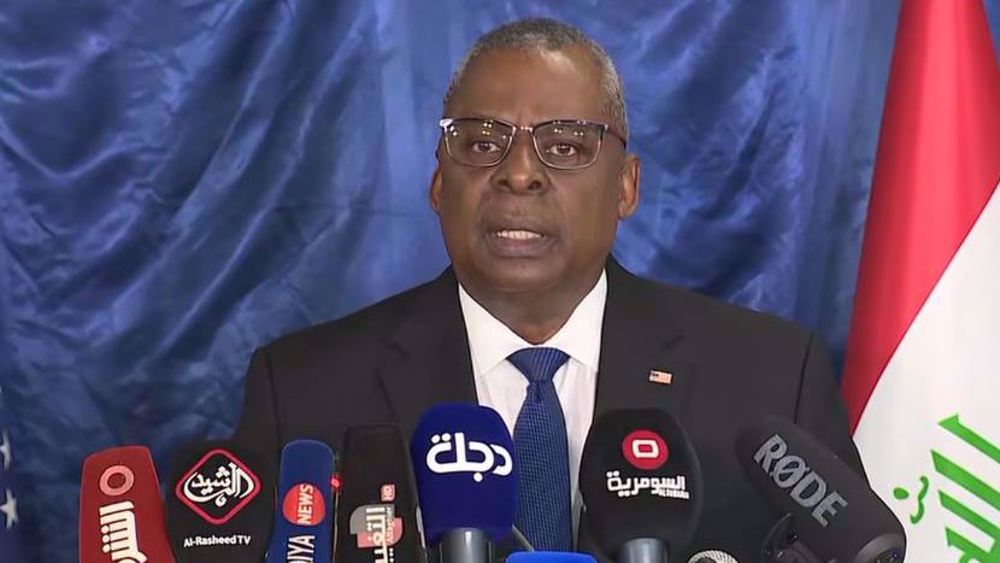
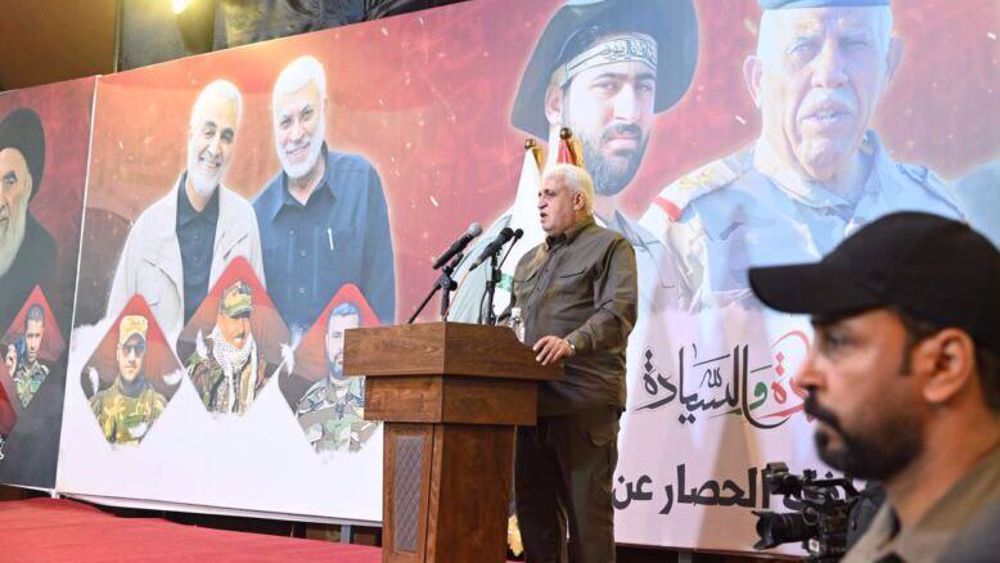
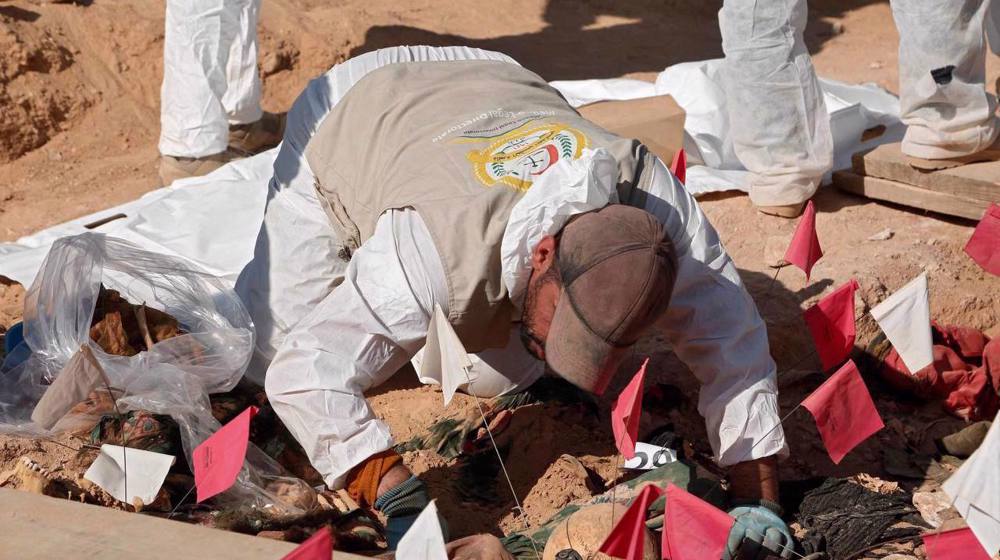
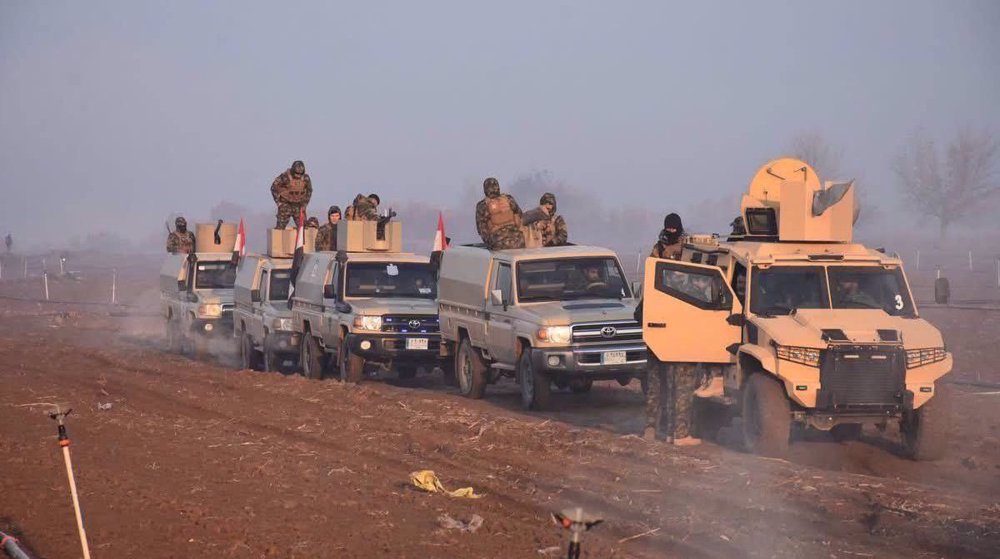



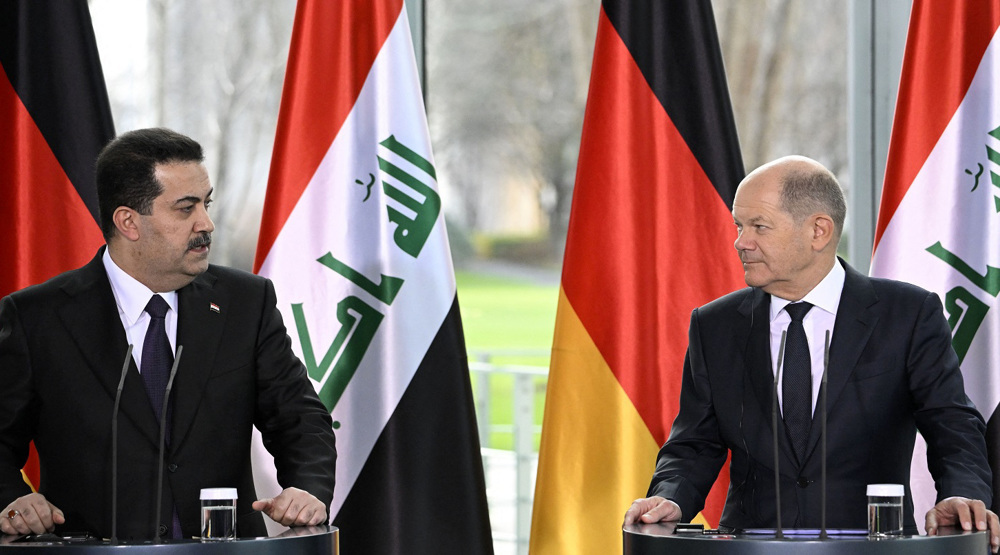

 This makes it easy to access the Press TV website
This makes it easy to access the Press TV website